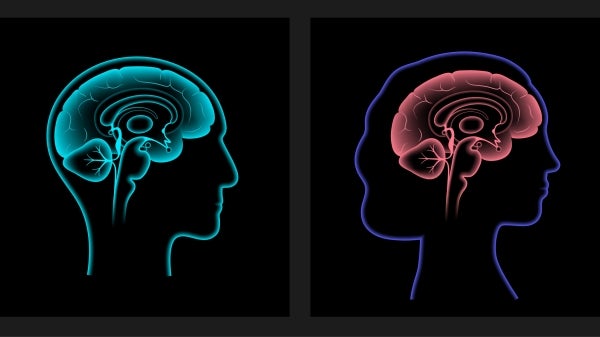A few good friends

Chimpanzees grooming each other. Image courtesy Samantha Russak.
Do humans form closer relationships as we age, understanding the inevitably of our own mortality? Socioemotional selectivity theory (SST) tries to explain this behavior in experimental findings from examples in mostly Western societies.
Writing in the journal Science this week, ASU Regents Professor Joan Silk brings her years of research on social behavior in primates to bear in "The upside of aging," a commentary on a paper by Rosati et al. The paper is testing if this pattern of forming close friendships as aging occurs extends to other primates who do not understand the concept of time or have the capacity to anticipate future events. The research examined age-related changes in relationship quality among male chimpanzees.
Silk’s most recent research has been in examining how female baboons form close relationships, and she has observed both baboons and chimpanzees in the wild. Silk is a research affiliate with the Institute of Human Origins and a professor with the School of Human Evolution and Social Change.
Because males remain in the communities in which they are born, long-term observations can be made of chimpanzees in these communities across their long lives together.

Joan Silk
Silk notes that the paper provides convincing evidence that male chimpanzees behave much like humans do as we age, and this pattern might exist in other primates as well.
Thus, she writes, “the patterns that SST was created to explain appear to generalize beyond our own species and might not depend on having a well-developed concept of time or conscious awareness of mortality.”
As rates of aggression decline with age, there are shifts in the males’ emotional reactivity. Essentially, the male chimpanzees mellow out, so their behavior doesn’t have to focus on dominance behaviors of earlier periods.
In the final analysis, Silk writes, “An evolutionary perspective can provide valuable insights into how natural selection shapes human social behavioral strategies as we grow old.”
More Science and technology

The Polytechnic School at ASU hits milestone mark at 10 years
The year was 2014.Taylor Swift released “1989.” "Frozen” and its soundtrack were stuck in the minds of many.Facebook was…

Study finds cerebellum plays role in cognition — and it's different for males and females
Research has shown there can be sex differences for how male and female brains are wired.For example, links have been made…

Artificial intelligence drives need for real data storage innovations
In southeastern Mesa, Arizona, construction crews are hard at work on a state-of-the-art data center. The $1 billion…